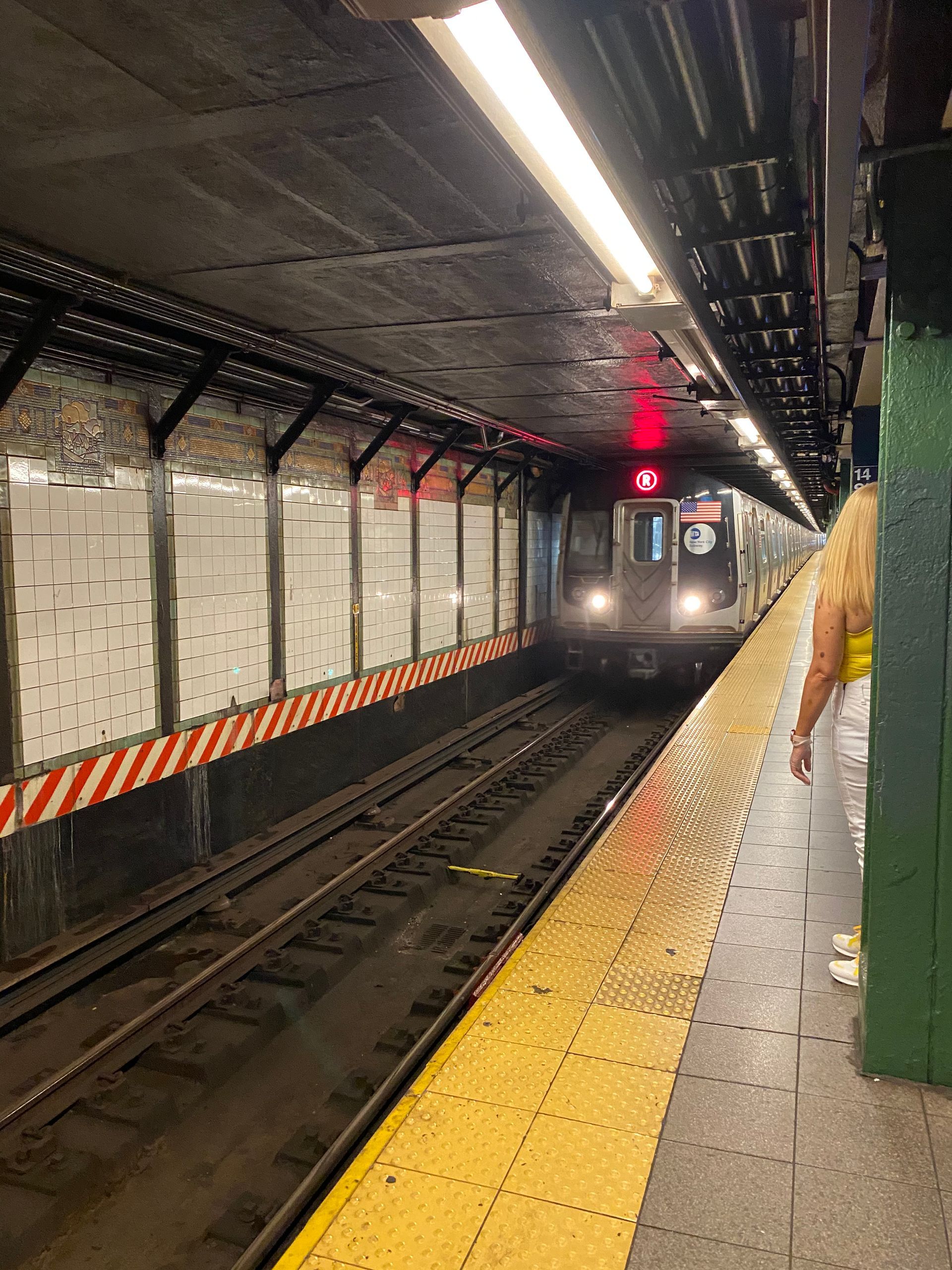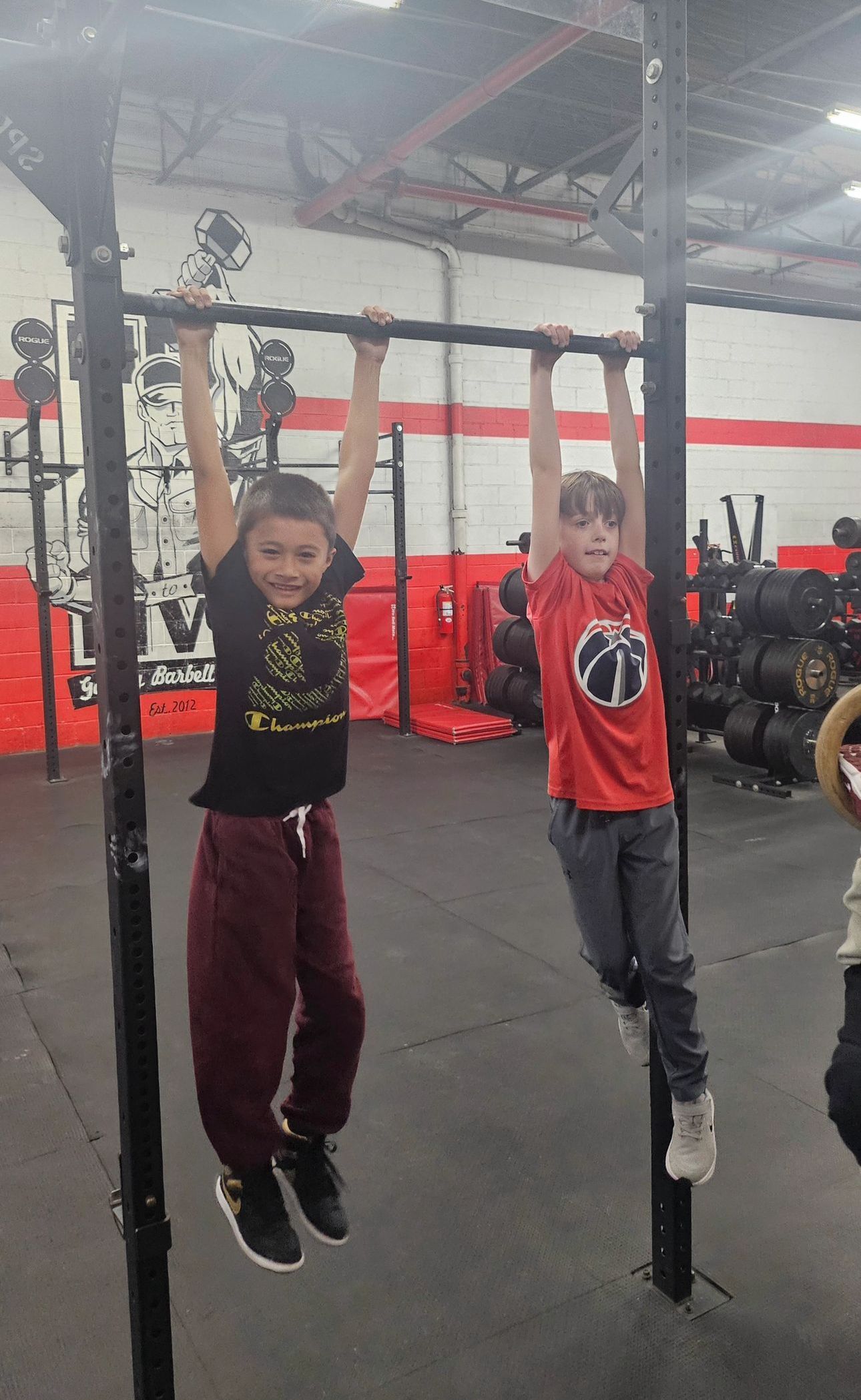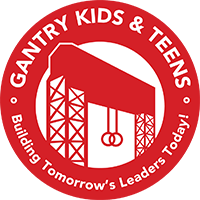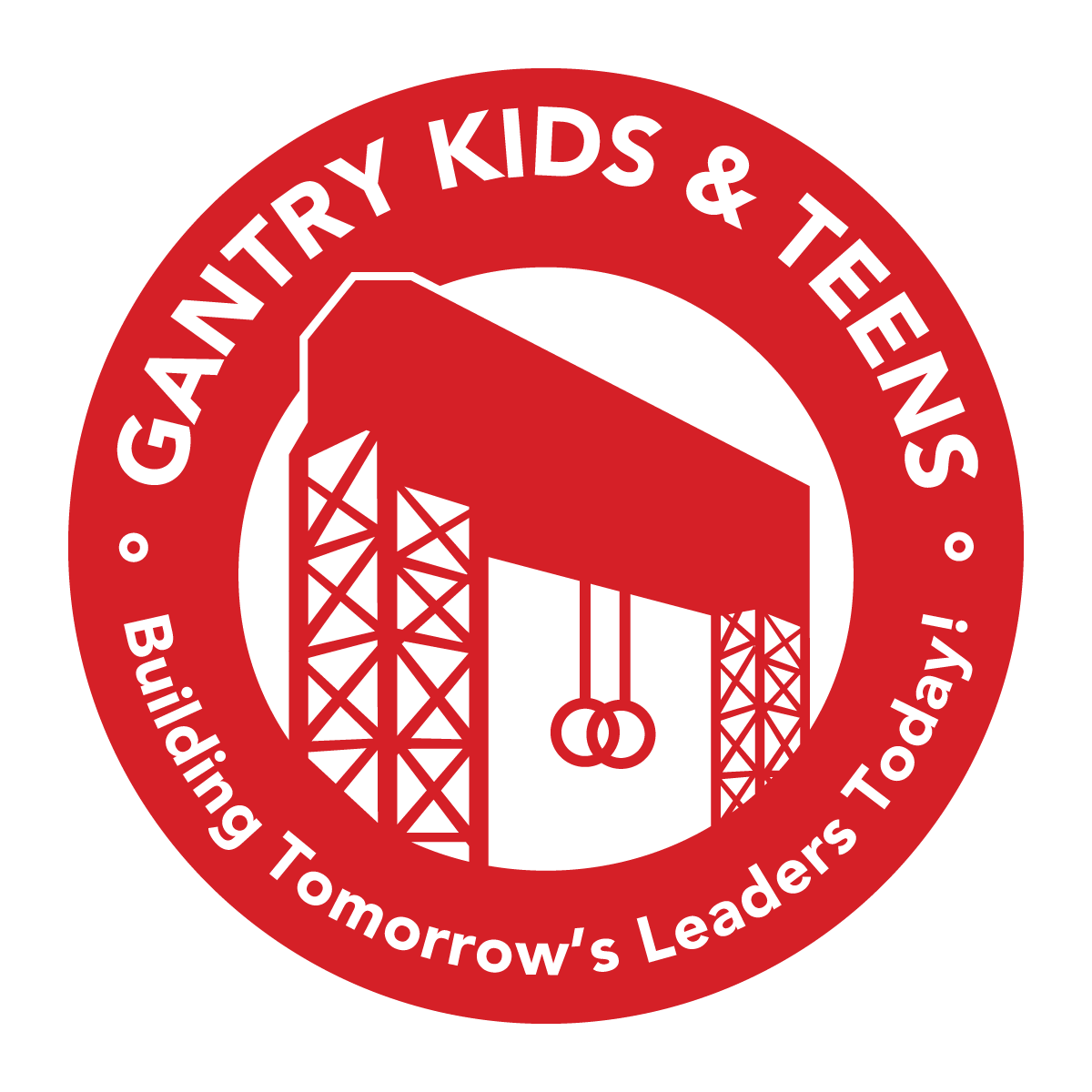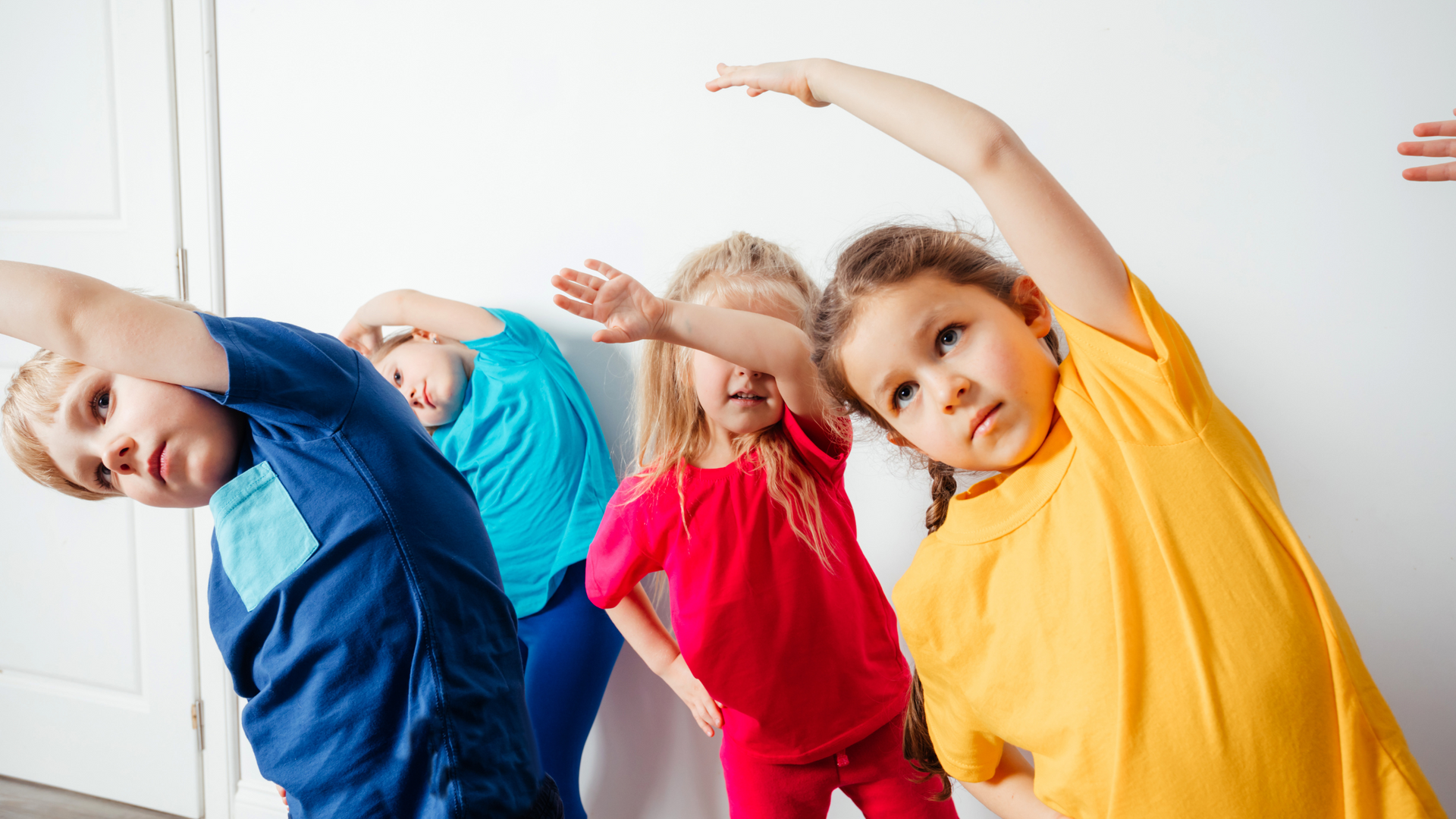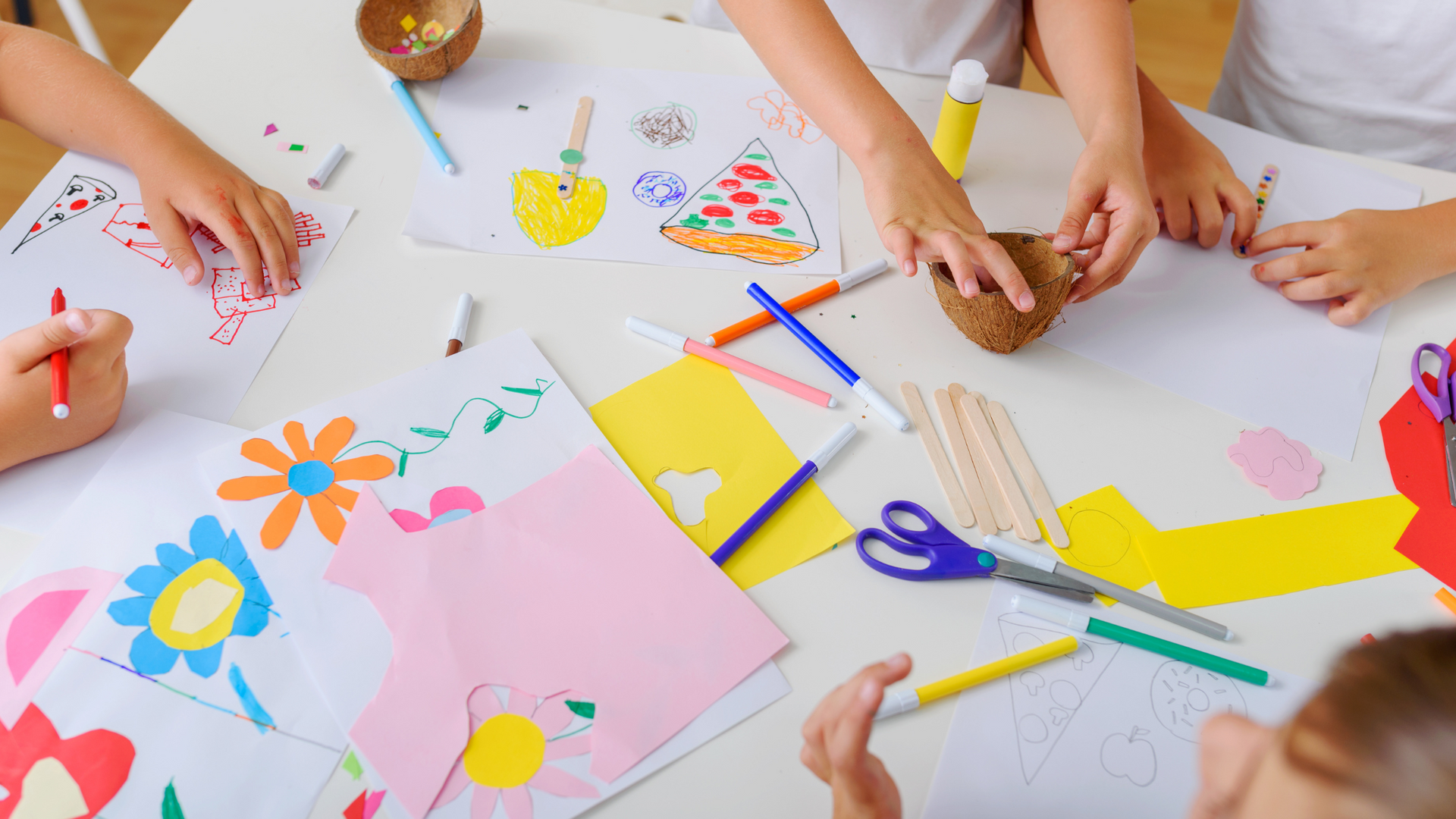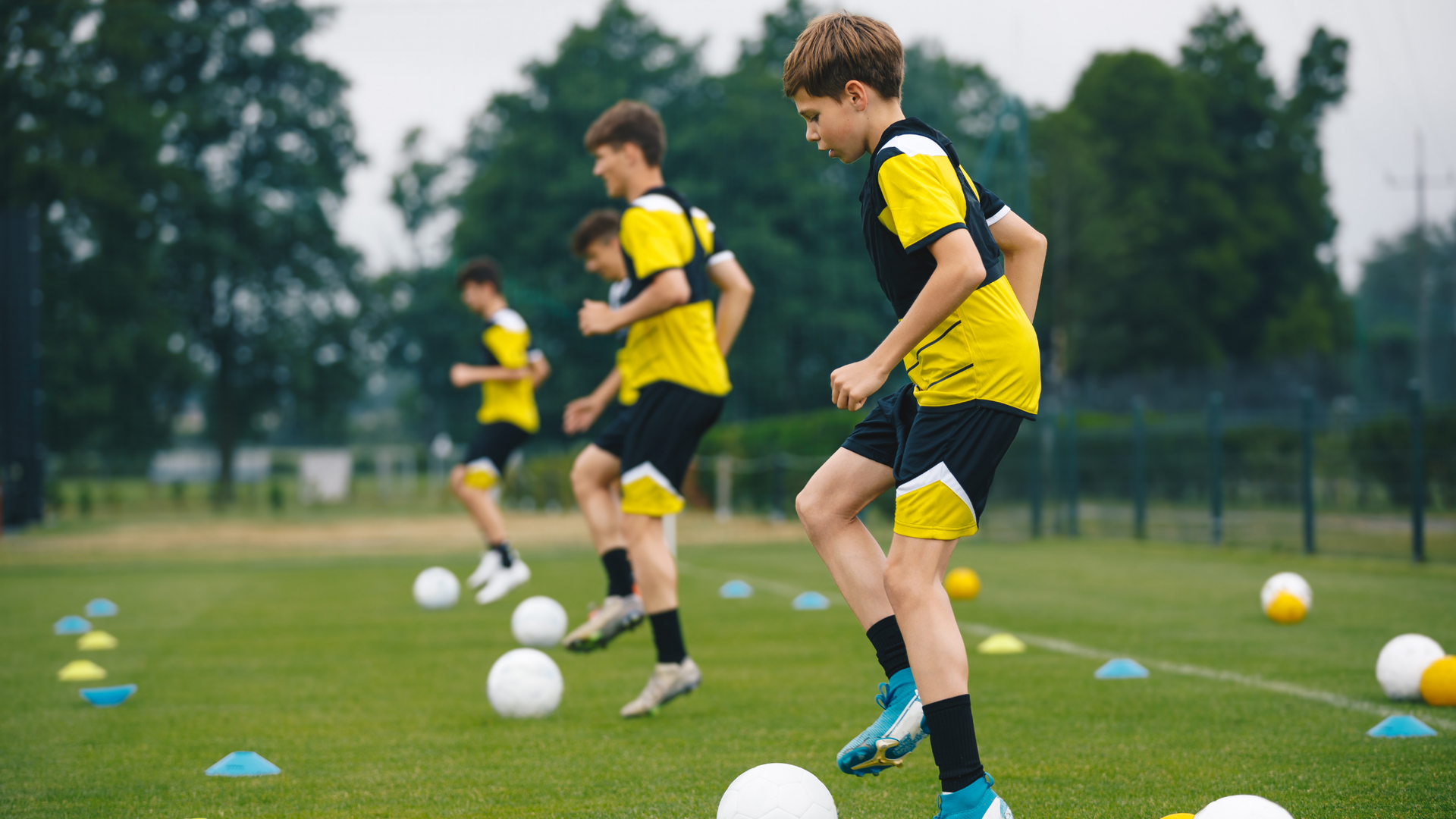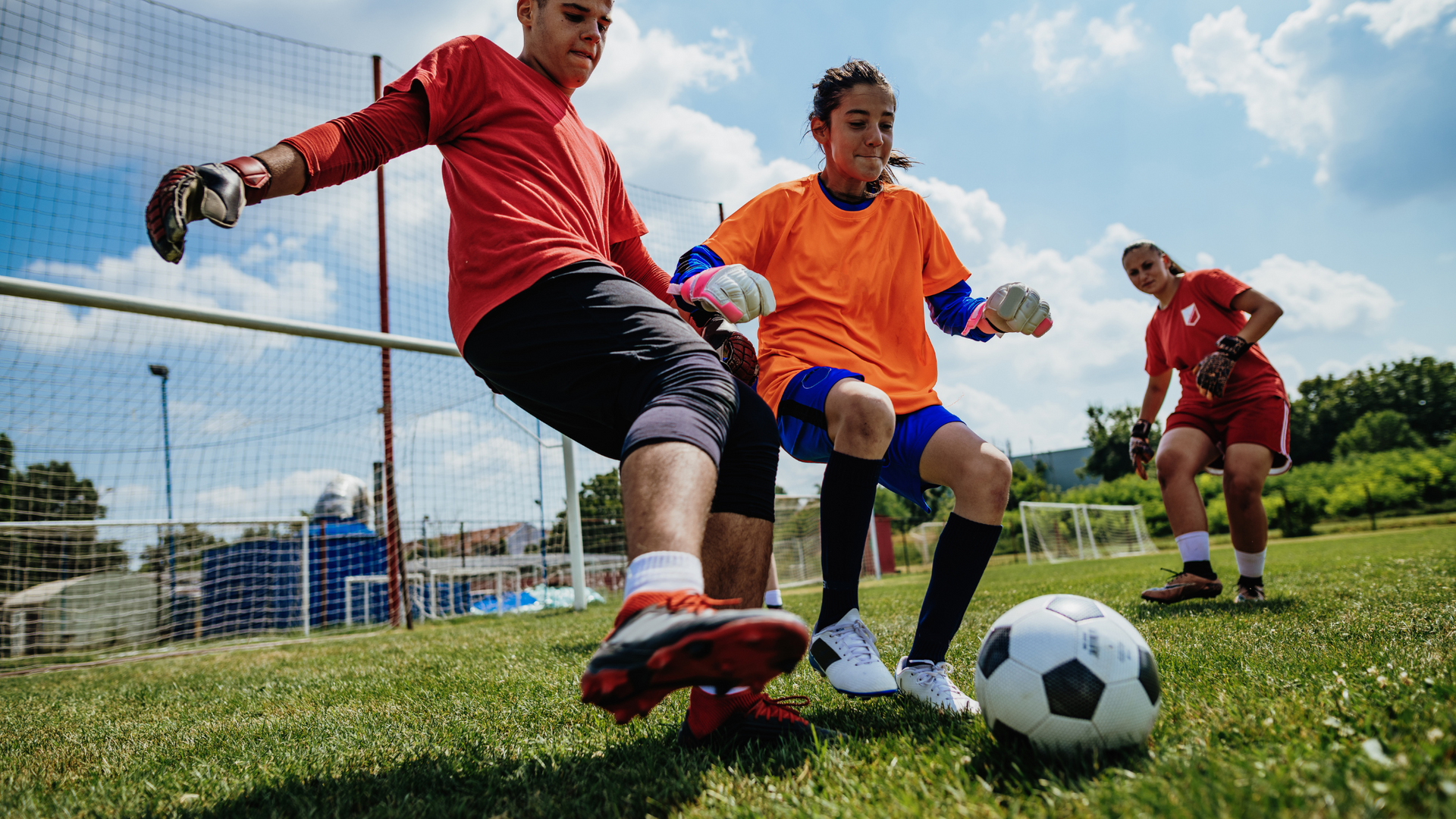Risky Play - Jump in feet first
Why Free & Risky Play in After School Programs are Crucial for Child Development
Parents often prioritize structured activities like homework time or organized sports when considering afterschool care.
However, one of the most valuable and sometimes overlooked aspects of a child's development in these programs is free play—and even risky play.
These activities provide essential opportunities for children to challenge themselves, develop new skills, and gain confidence, all while having fun. Let's dive into why free and risky play are beneficial, especially in an afterschool setting, and how programs like the ones we run at Gantry Kids & Teens in Long Island City, NY, are embracing these concepts.
What Is Free Play and Risky Play?
Free play is an unstructured, child-led activity. It’s play that allows children to explore their environment, use their imagination, and engage in physical and creative activities without an adult directing their every move. Whether it's a game of tag, climbing on a jungle gym, or inventing an entirely new game, free play allows kids to learn at their own pace, make decisions, and solve problems.
Risky play is a type of free play that involves an element of risk, whether it’s climbing higher than they’ve ever climbed before or trying to balance on a narrow beam. While the word "risky" can sound intimidating, it doesn’t mean putting children in dangerous situations. Instead, it encourages them to test their limits in a somewhat controlled environment, helping them develop resilience, confidence, and problem-solving skills.
The Importance of Physical Fitness and Exercise
One of the biggest benefits of free and risky play in afterschool care is the opportunity for kids to engage in physical activity. While many afterschool programs focus on academic enrichment, it’s important to remember that physical fitness is just as crucial to a child's well-being. Free play naturally incorporates movement—running, jumping, climbing, and balancing all count as essential forms of exercise. These activities help kids develop strength, coordination, and endurance, which are key for maintaining a healthy body and mind.
Afterschool programs that include ample time for free play give kids the chance to burn off energy after a long school day, allowing them to unwind and refresh their bodies and minds. This active form of play also helps combat the growing concern of sedentary lifestyles, especially in a world where children spend increasing amounts of time sitting in classrooms or in front of screens.
Social and Emotional Growth Through Play
Another critical aspect of free and risky play is the development of social and emotional skills. In an unstructured play environment, children are responsible for setting their own rules and navigating social interactions. They learn how to cooperate, negotiate, and resolve conflicts, which are all important life skills. Free play often leads to group activities where kids have to work together, fostering teamwork and leadership qualities.
Risky play, in particular, teaches children to assess their abilities and take calculated risks. For example, when a child decides to climb a tree or cross a balance beam, they learn to gauge the difficulty of the task, weigh the risks, and develop the confidence to try. This type of self-regulation helps build resilience—children learn that it’s okay to fail, and they gain the confidence to try again, which is a lesson that extends far beyond the playground. Kids are taking risks, feeling apprehensive, and nervous in the context of fun. This allows them to manage their emotions and temper anxiety, a real diagnosis for many kids by the time they turn 11.
Gantry Kids & Teens: Embracing Play in Long Island City, NY
For our Long Island City families, Gantry Kids & Teens has developed a robust afterschool program that embraces the importance of free and risky play. The focus isn’t just on keeping kids busy but on fostering holistic development through creative and physical activities. The program we run at Gantry Kids emphasizes the value of play in building strong bodies and minds, giving children the freedom to explore their abilities in a safe environment.
The team at Gantry understands that children thrive when they are given the chance to lead their own play and push their boundaries. By incorporating elements of risky play, such as climbing, running obstacle courses, or engaging in imaginative games, Gantry Kids & Teens helps kids develop not only physical fitness but also the confidence to face new challenges in life.
We also recognize the importance of balancing structured activities with free play. While we offer organized programs to enhance physical and social skills, we also give children the space to engage in self-directed, unstructured activities where they can develop their own games, create friendships, and discover new interests. This balance ensures that kids leave feeling accomplished, energized, and ready for the next day.
Play Should Be More Than Just Fun
Free and risky play aren’t just fun—they’re foundational elements of a child’s development. In the context of afterschool care and daycare, these activities allow children to gain confidence, build resilience, and strengthen their physical and mental health.
Programs that incorporate free play, like what we run at Gantry Kids & Teens, offer kids the chance to develop in a way that structured activities alone cannot provide. When kids are given the opportunity to play freely and take risks, they become more creative, adaptable, and prepared for the world around them. Learn more about our afterschool programs at Gantry in Long Island City, NY.

